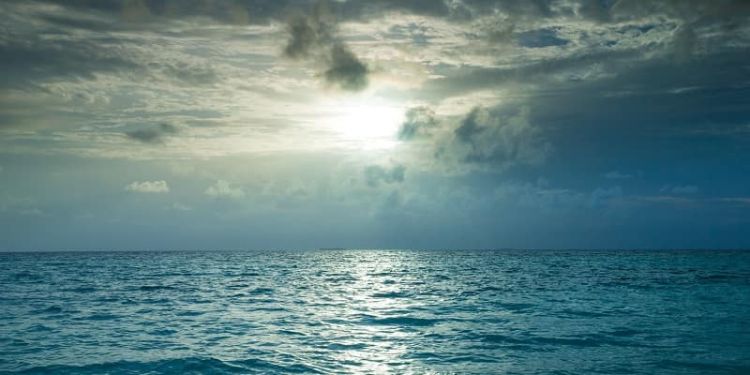Air-Sea Interaction

We seek to understand the interactions at the interface between the ocean and atmosphere. These processes are important to a wide range of weather and climate problems, from the development of hurricanes to long-term changes in climate. Because the oceans cover approximately 70% of the Earth’s surface this knowledge is fundamental to understanding the dynamics of both atmosphere and ocean, and changes to their physical and chemical properties over time.
A particular challenge is that of air-sea interactions at very high wind speeds within storm systems, which are difficult to study observationally because of the extreme conditions of wind and waves. These interactions are important for the exchange of greenhouse gases between atmosphere and ocean because the breaking of large waves mixes substantial volumes of air into the upper ocean as bubbles, which enhance the exchange of gases. This is particularly important for low-solubility gases such as carbon dioxide.
Our research
- The physical processes controlling the turbulent exchange of momentum, heat, water vapour, aerosols, and gases are studied observationally by a group led by Professor Ian Brooks. Direct measurements of the fluxes and the environmental conditions controlling them are made from research ships and used to develop better descriptions of the processes for use in weather forecast and climate models. The measurements are complemented by the use of both satellite observations and models. The group collaborates extensively with other research teams both nationally and internationally, including the National Oceanography Centre (NOC), the British Antarctic Survey, the Universities of Miami and Hawaii, the NOAA Earth System Research Laboratory in Boulder, CO., and the US Naval Research Laboratory. The interests of Ian’s group extend to air-ice-ocean interactions within polar environments, where they have made extensive measurements within Arctic pack ice.
- Marine sources of aerosol are of wider interest within ICAS. Measurements of ice nucleating aerosol sources within the ocean Professor Ben Murray’s group; while Professor Ken Carslaw’s group has worked extensively on including marine sources of aerosol within global models, and using these models to study the impact of these aerosol on climate.
- Dr Xianyun Wen studies more idealised systems, using computational fluid dynamics models to understand small-scale processes of fluid flow and the interactions of air and water.
Contact us
If you would like to discuss an area of research in more detail please contact the Research Group Lead: Professor Ian Brooks

